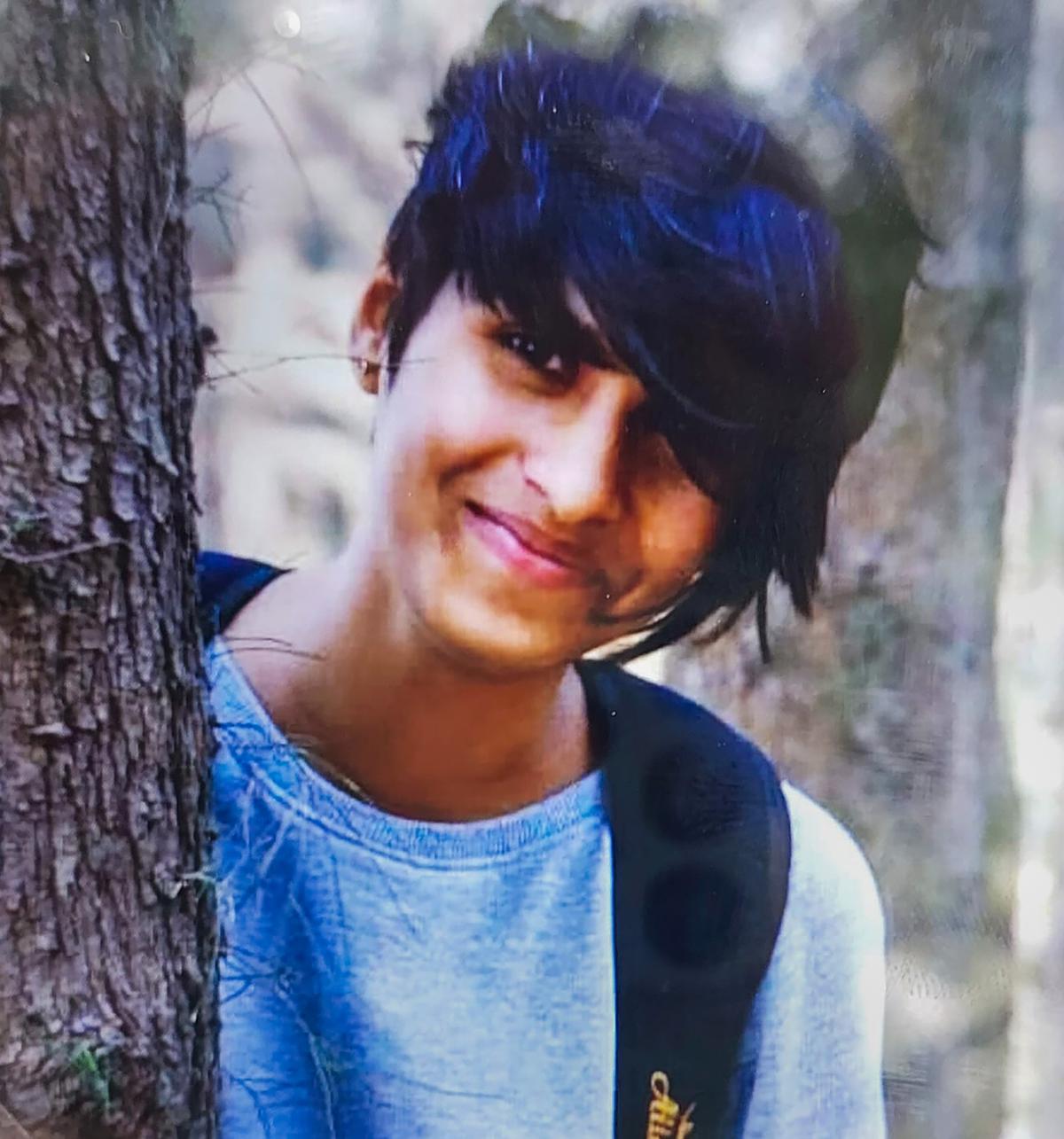
Mehrauli murder case | PIL to transfer Shraddha Walkar case from Delhi Police to CBI dismissed
The Hindu
New Delhi Terming it a ‘publicity interest litigation’, the Delhi High Court on November 22 dismisse
Terming it a ‘publicity interest litigation’, the Delhi High Court on November 22 dismissed with costs a PIL seeking directions that the Shraddha Walkar murder investigation be transferred from Delhi Police to the Central Bureau of Investigation (CBI). The court, however, did not specify the cost amount while passing the order.
A Bench of Chief Justice Satish Chandra Sharma and Justice Subramonium Prasad said instead of a public interest litigation (PIL), it was a “publicity interest litigation” and “not a single ground” was made out.
Standing counsel (criminal) Sanjay Lao, appearing for Delhi Police, said 80% of the investigation in the case is complete and a team of senior police officials along with 200 police personnel are involved in the probe.
At the outset, the Bench asked the petitioner’s counsel about the reason for seeking transfer of the case. “Give us one good reason. Parents [of the victim] do not have any grievance. You are a stranger. For an obvious reason you have filed this petition,” the court said.
As advocate Joginder Tuli, appearing for petitioner Joshini Tuli, said that the presence of media and public persons in places of recoveries amount was leading to tampering of evidence, the Bench said it was not a “monitoring agency” and the court will not monitor the probe being done by the police.
“This is a publicity interest litigation. You are a bystander. Police is doing its own investigation. We don’t monitor investigation. Why should we doubt police investigation,” the Bench said.
The Delhi Government standing counsel (Civil) Santosh Tripathi and lawyer Arun Panwar contended that no research was done by the petitioner and the plea was filed without mentioning any relevant ground and that it deserves to be dismissed with heavy costs. Additional Solicitor General Chetan Sharma also submitted that the petitioner cannot dictate how the investigation has to be done or should have been done.













